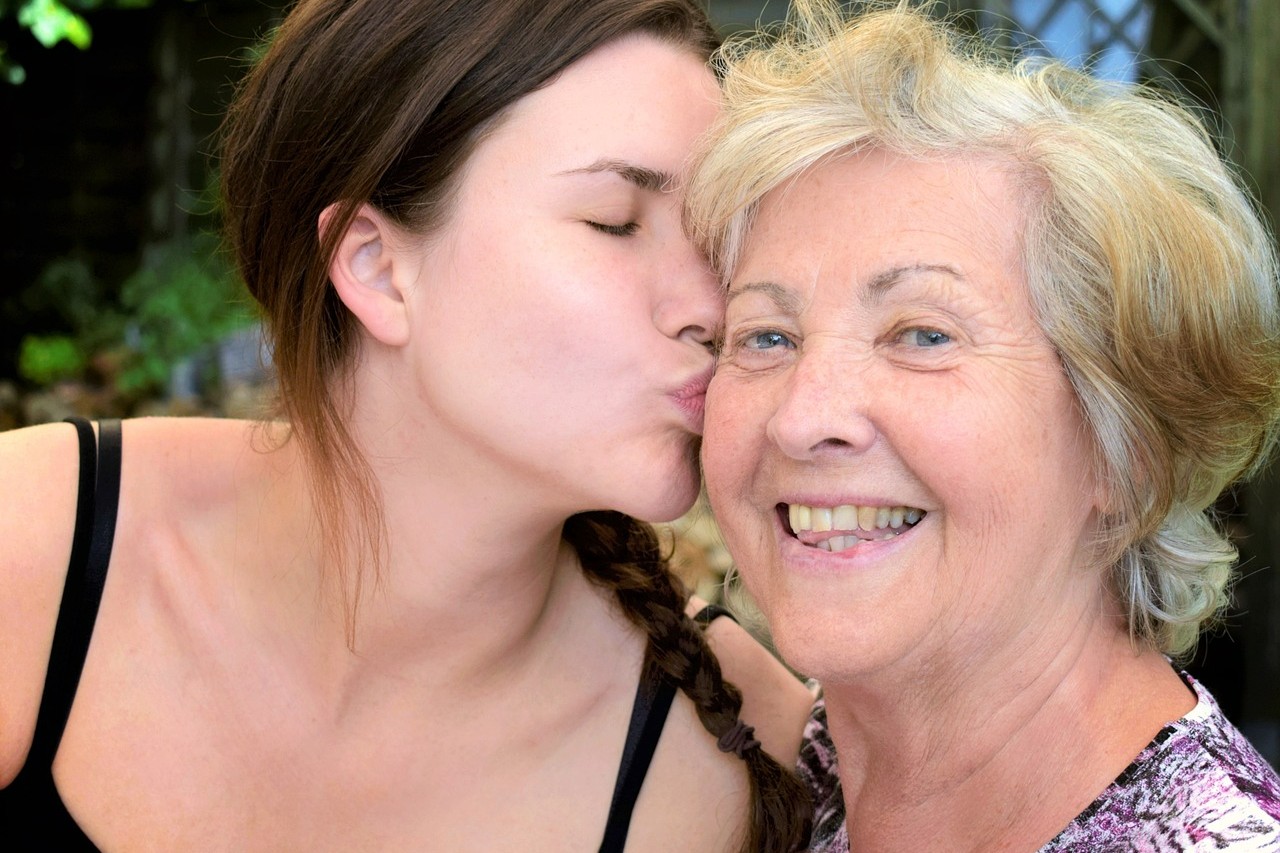In recent years, the global healthcare community has made significant strides in the prevention and care of Human Papillomavirus (HPV). HPV, a common sexually transmitted infection, is responsible for various types of cancers, including cervical cancer. With an emphasis on education, screening, vaccination, and early detection, countries around the world are uniting their efforts to combat this silent threat. In this blog, we will delve into the latest advancements and initiatives taking place in HPV prevention and care across the globe.
Education and Awareness
Raising awareness is a vital component of HPV prevention. Governments, healthcare organizations, and advocacy groups worldwide are investing in educational campaigns to disseminate accurate information about HPV transmission, associated cancers, and available preventive measures. By empowering individuals with knowledge, these initiatives aim to promote early detection and encourage responsible sexual behavior.
Vaccination Programs
One of the most effective tools in HPV prevention is vaccination. Many countries have implemented comprehensive national vaccination programs targeting adolescents, offering protection against the most common cancer-causing HPV strains. Through widespread vaccination efforts, countries are striving to reduce the prevalence of HPV infections and subsequent cases of cervical cancer.
Screening and Early Detection
Screening programs play a crucial role in identifying HPV infections and precancerous conditions early on, allowing for timely intervention and treatment. Around the world, healthcare systems are implementing robust screening strategies such as Pap tests, HPV DNA tests, and visual inspection methods. These initiatives aim to increase screening coverage, particularly in underserved populations, and ensure that individuals receive appropriate follow-up care.
Integrated Healthcare Systems
To enhance HPV prevention and care, countries are focusing on integrating services across healthcare sectors. By fostering collaboration between gynecologists, primary care providers, pathologists, and public health officials, comprehensive care pathways are being developed to streamline HPV-related screening, vaccination, and treatment. This approach aims to provide a seamless experience for individuals seeking prevention or care services.
Global Partnerships and Research
International collaborations and partnerships are instrumental in advancing the fight against HPV. Organizations like the World Health Organization (WHO), International Agency for Research on Cancer (IARC), and the Global Alliance for Vaccines and Immunization (GAVI) are working together to share best practices, develop guidelines, and support research initiatives. Through these partnerships, countries can learn from each other's experiences and drive continuous improvement in HPV prevention and care.
The global landscape of HPV prevention and care is evolving rapidly. Efforts in education, vaccination, screening, and integrated care systems are helping to mitigate the burden of HPV-related diseases. However, there is still work to be done, especially in reaching marginalized communities and improving access to services. By continuing to invest in research, collaboration, and innovative approaches, we can collectively strive towards a world where HPV is no longer a leading cause of cancer. Together, let us join hands and work towards a future free from the threat of HPV.
A Journey of Survival: How Regular Screening Saved Sarah's Life
Sarah's Story:
Sarah, a vibrant and active woman in her early thirties, had always been diligent about her health. Regular check-ups and screenings were a priority for her, even when she felt perfectly healthy. Little did she know that this dedication would become the cornerstone of her survival.
During one of her routine gynecological appointments, Sarah's doctor suggested she undergo an HPV screening. Initially unsure about the necessity of the test, Sarah trusted her doctor's expertise and agreed to it. The results revealed that she was positive for high-risk HPV strains.
While the news came as a shock to Sarah, her doctor reassured her that early detection would significantly increase her chances of preventing any potential complications. Understanding the gravity of the situation, Sarah underwent further testing, including a Pap smear and colposcopy.
To her dismay, the subsequent examinations revealed the presence of abnormal cells on her cervix. Sarah's world suddenly shifted as she received the diagnosis: cervical cancer in its early stages. The news was devastating, but Sarah's determination to fight kicked in.
Armed with knowledge and the support of a compassionate medical team, Sarah embarked on her journey to conquer cancer. She underwent a series of treatments, including a successful surgery to remove the affected tissues. Throughout the process, she experienced a rollercoaster of emotions—fear, uncertainty, and moments of strength.
During her recovery, Sarah immersed herself in learning more about HPV, cervical cancer, and the importance of regular screenings. She became an advocate for spreading awareness among her family, friends, and community. Sarah passionately emphasized the significance of early detection and urged everyone to prioritize their health, just as she had.
Over time, Sarah's strength and resilience paid off. She successfully overcame cervical cancer and was declared cancer-free. Her journey had not only saved her life but had transformed her perspective on health and well-being.
Today, Sarah continues to champion HPV awareness, sharing her story with others and encouraging them to be proactive about their health. Her experience serves as a beacon of hope and a reminder that regular screenings can truly be lifesavers.
Sarah's personal journey highlights the critical role that regular screenings play in detecting HPV-related conditions early. Through her dedication to routine check-ups and the support of her medical team, Sarah's life was ultimately saved. Her story serves as an inspiration for women worldwide, reminding us all of the power of early detection and the importance of advocating for our own health. Let Sarah's experience be a call to action—a reminder to prioritize regular screenings and empower ourselves with knowledge to protect our well-being. Together, we can make a difference in the fight against HPV-related diseases and strive for a healthier future.



.jpg)


ISO_27001_2013_Es.jpg)
ISO27799_Es.jpg)

Join Our Newsletter